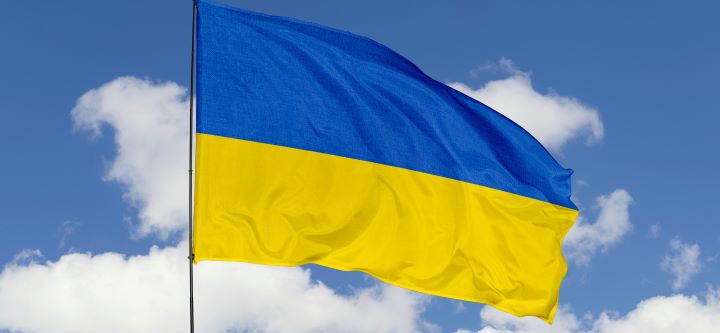A significant number of local government pension funds are looking to divest from Russian assets, while councils are seeking to terminate energy contracts with Russian suppliers, as pressure grows following the invasion of Ukraine.
Derbyshire Pension Fund, Tayside Pension Fund and Cornwall Pension Fund have all indicated their intention to divest Russian assets, while Suffolk County Council said it planned to terminate its £10m contract with Russian energy company Gazprom. Other funds and councils are expected to follow suit.
A spokesperson for the Border to Coast pension pool told Room151: “We are saddened by, and strongly condemn, the invasion of Ukraine by Russia. Given the current circumstances we immediately suspended making any further investments in Russia, and continue to review our existing investments, including our approach to exiting in due course as and when markets permit. This is above and beyond the UK sanctions currently in place.”
Border to Coast said that prior to the invasion it had £72m of relevant investments through its Emerging Markets and Multi-Asset Credit funds. In total, it is responsible for £36bn of investments.
Campaign groups have been specifically highlighting pension fund investments in Russia, with Tony Burdon, CEO of Make My Money Matter, calling on pension providers to reduce their exposure. “We believe this is morally and financially unsustainable in the current climate and goes against the prevailing mood of the UK public,” he said.
Burdon added that by reducing exposure to Russian assets “the financial sector can do the right thing, while at the same time helping protect the security of UK pension holders”.
However, some commentators warned that selling Russian stocks brought its own dilemmas. Where stock could be sold – the closure of the Russian Stock Market currently prevents sales of listed assets – there is the question of who would buy them.
Writing on LinkedIn, Donald McDonald, vice chair of the Technical Advisory Council at Invest Green, asked who was buying the Russian assets being offered for sale and what were the trading mechanisms. “By buying those assets at, presumably, knockdown prices, are some people hoping to profit from a humanitarian crisis in a war zone?” he wrote.
In response, Narina Mnatsakanian, executive director for sustainable and impact investment at Kempen Capital Management, said: “What I am worried about is that Russian state and people linked to it will somehow end up buying all the assets again if all the outside investors sell. Then we are back to a kind of Soviet-era economic iron curtain.”
Meanwhile, the LGPS Advisory Board has written to funds asking those with direct holdings in Russian investments of more than 1% of their total fund value to provide details.
A short statement was released by the board on 28 February: “In the light of events in Ukraine and resultant extant and potential sanctions by the UK government, any LGPS funds who are not already doing so are advised to consider the implications for their investment portfolios and discuss with their pools and asset managers what action should prudently be taken.”
—————
FREE weekly newsletters
Subscribe to Room151 Newsletters
Room151 LinkedIn Community
Join here
Monthly Online Treasury Briefing
Sign up here with a .gov.uk email address
Room151 Webinars
Visit the Room151 channel












